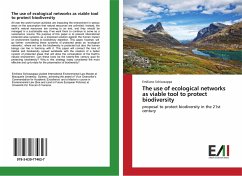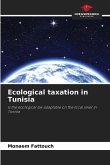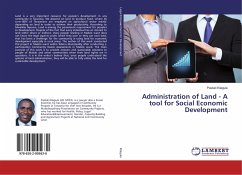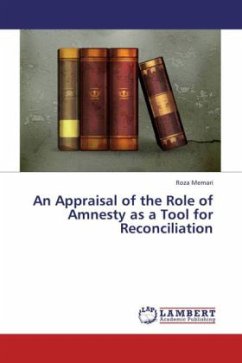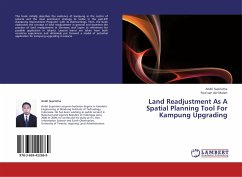All over the world human activities are impacting the environment in various ways on the assumption that natural resources are unlimited. Instead, the earth's natural resources are coming to an end, and they should be managed in a sustainable way if we want them to continue to serve as a sustenance source. The purpose of this paper is to present international protected area systems as a proposed solution against the human impact on environment leading to biodiversity depletion. This paper, however, will go further: considering these systems of protected areas as 'ecological networks', where not only the biodiversity is protected but also the human beings can live in harmony with it. This paper will connect the loss of habitat and biodiversity spread worldwide with the creation of a better system of protected areas that will allow the conservation of the Earth's natural environment. Can these tools be the twenty-first century goal for protecting biodiversity? Why is this strategy today considered the most effective and up-to-date for the preservation of biodiversity?
Bitte wählen Sie Ihr Anliegen aus.
Rechnungen
Retourenschein anfordern
Bestellstatus
Storno

